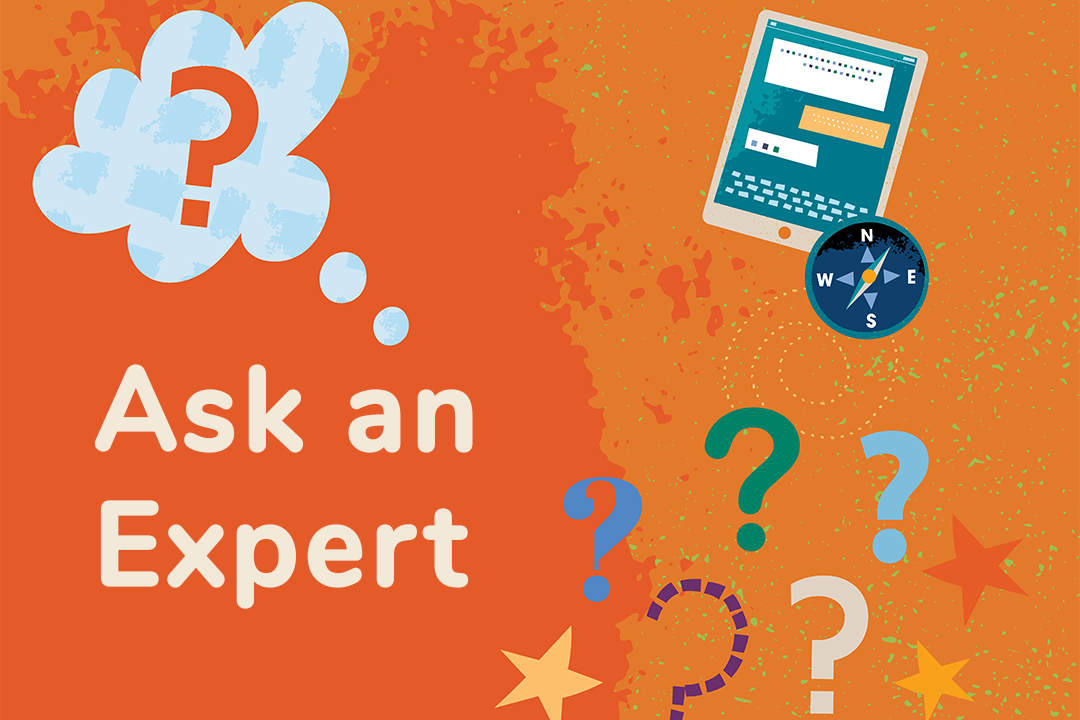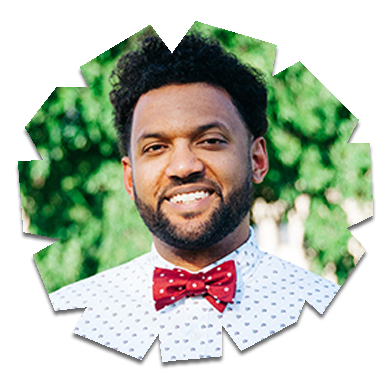
My kids are so much more comfortable talking openly about identity issues than I was at their age. How can I lead these conversations when my kids almost seem more like the experts?
Dr. Nathan Chomilo
Dr. Nathan Chomilo is a respected Twin Cities pediatrician and internist. He is an outspoken equity advocate whose work has included championing the impact early childhood intervention and healthcare access have on the long-term prospects of children and how physicians and health systems can address racial and health equity. He is also the medical director for the State of Minnesota Medicaid and MinnesotaCare programs, a member of the American Academy of Pediatrics Section on Minority Health, Equity and Inclusion’s Executive Committee and serves on the board of directors of Reach Out and Read MN and Reach Out and Read National.

Dr. Nathan Chomilo: I still remember hearing the mantra that “kids are to be seen and not heard.” Now that we’re embracing that kids should be heard, we’re hearing it all. That leaves us as parents trying to figure out our own stuff, too.
I think of the airplane metaphor: put on your own oxygen mask first. Know your own beliefs and values around racial identity and racism, and gender and sexual identity.
By the age of three, kids will ask about the differences between boys and girls, or about the differences in colors and textures of hair. It’s natural for kids to ask questions. We’ve been socialized not to talk about it, but kids’ brains are going to make them keep asking–just like they always have. If they don’t get the answer from us, they’ll get it at school, from friends or on the internet.
If your child asks a question and you don’t know the answer, it’s okay to read about it and come back after a couple of days and say, “Remember when you asked about this? Here’s what I think. Here are our family’s values around this.” I encourage families to bring in their values. Read children’s books with your kids about the issues on their minds and ask them what they see on the page. You’ll get a lot of insight into what they’re thinking, seeing, and hearing, and can move forward from there.
We’ve all had those moments when we wished parenting came with a handy guidebook. Here’s the next best thing: Real questions posed by parents and caregivers answered by top experts in child health and development.
Have a question you’d like answered by an expert?
Ask an Expert
Ask an Expert
How much do I need to engage with my kid’s favorite video games?
Sometimes I think I should learn to play the video games my kids love, like Minecraft, Pokemon, or games on Roblox, so that I can play the games with them. The problem is that I really don’t like those games. Should I try harder?Erin Walsh Erin is a Minneapolis-based...
How important is it for to kids get at least an hour of playtime each day and plenty of time outdoors?
My pediatrician recommends my kids get at least an hour of playtime each day and plenty of time outdoors, too. How important are these recommendations when there are so many other demands on our time, too?Dr. Nathan Chomilo Dr. Nathan Chomilo is a respected Twin...
How can I support my child’s developing social skills?
My two-year-old is about to move to a room with older kids at her daycare. How can I support her developing social skills? And what should I watch for to make sure she's thriving socially?Katy Smith Katy is a parent educator and early childhood teacher. She has spent...
How can I teach my child to choose online games that are appropriate for his age?
With so many mindless video games available online, how can I teach my 2nd grader to choose games that are appropriate for his age and abilities, without me having to look over his shoulder and constantly monitor?Erin Walsh Erin is a Minneapolis-based parent, speaker,...
How do we encourage a love of reading?
We love reading with our kids and read together with them whenever we can. But is there more we can be doing to encourage a love of reading as our kids grow?Dr. Nathan Chomilo Dr. Nathan Chomilo is a respected Twin Cities pediatrician and internist. He is an outspoken...
How do we avoid meltdowns when turning off screens?
My kids (ages 3 and 10) often have complete meltdowns when I ask them to turn off their screens. What are your tips for a calmer transition away from devices?Erin Walsh Erin is a Minneapolis-based parent, speaker, educator, and writer. She is also the co-founder (with...
What tips do you have for raising racially conscious children?
With so much focus lately on racial injustice, how can I help my kids be part of the solution? How can I put them in position to build a better future? Dianne Haulcy Dianne is a longtime advocate and educator of young children. She is president and CEO of The Family...
I need to recharge. How do I get my kids to play independently?
As a single parent, I struggle to find alone time. I love my kids, but when we're home, they demand my constant attention (or a screen). What are your tips/strategies for helping kids find ways to play without me participating or needing to spend time setting up some...